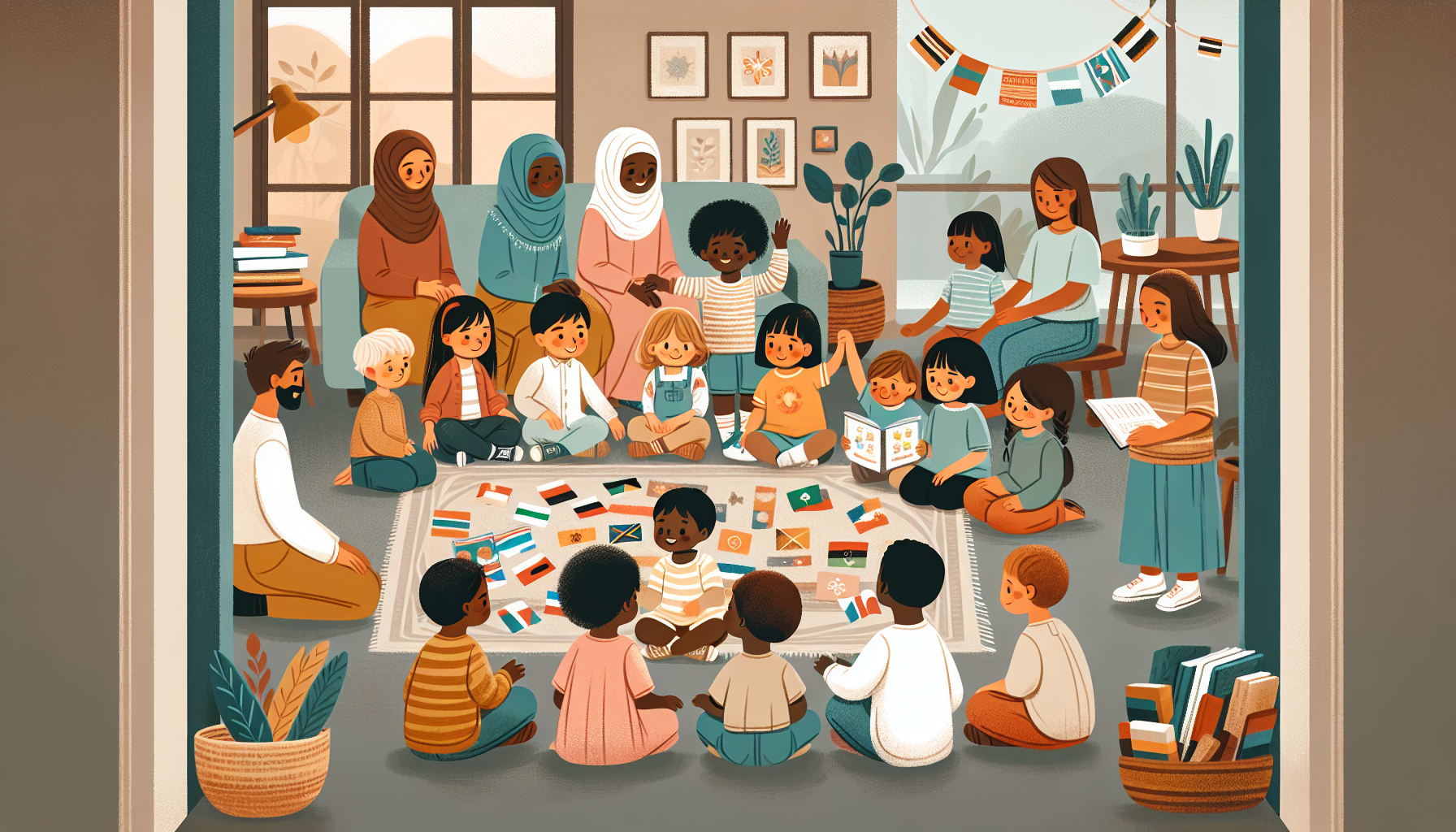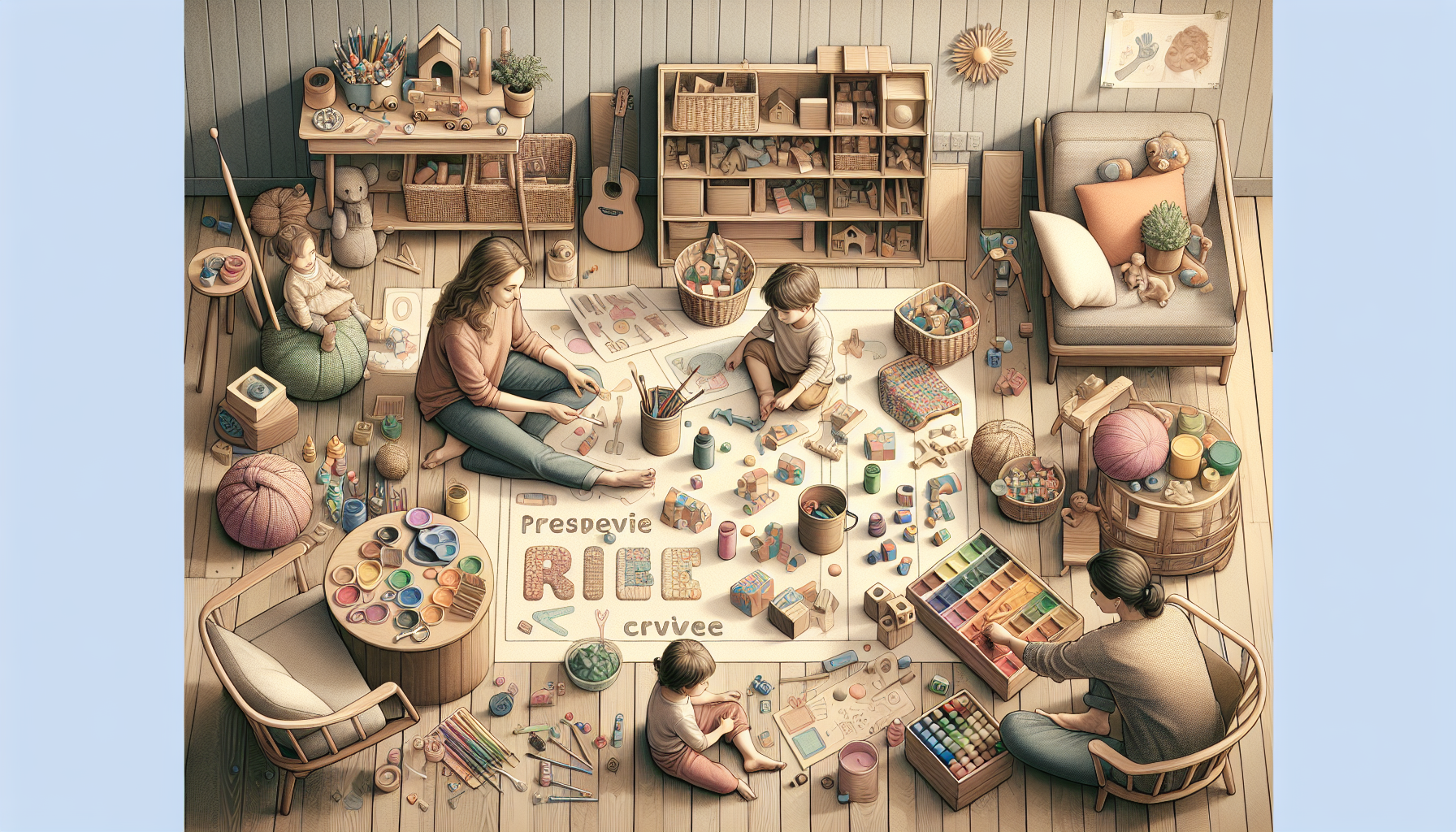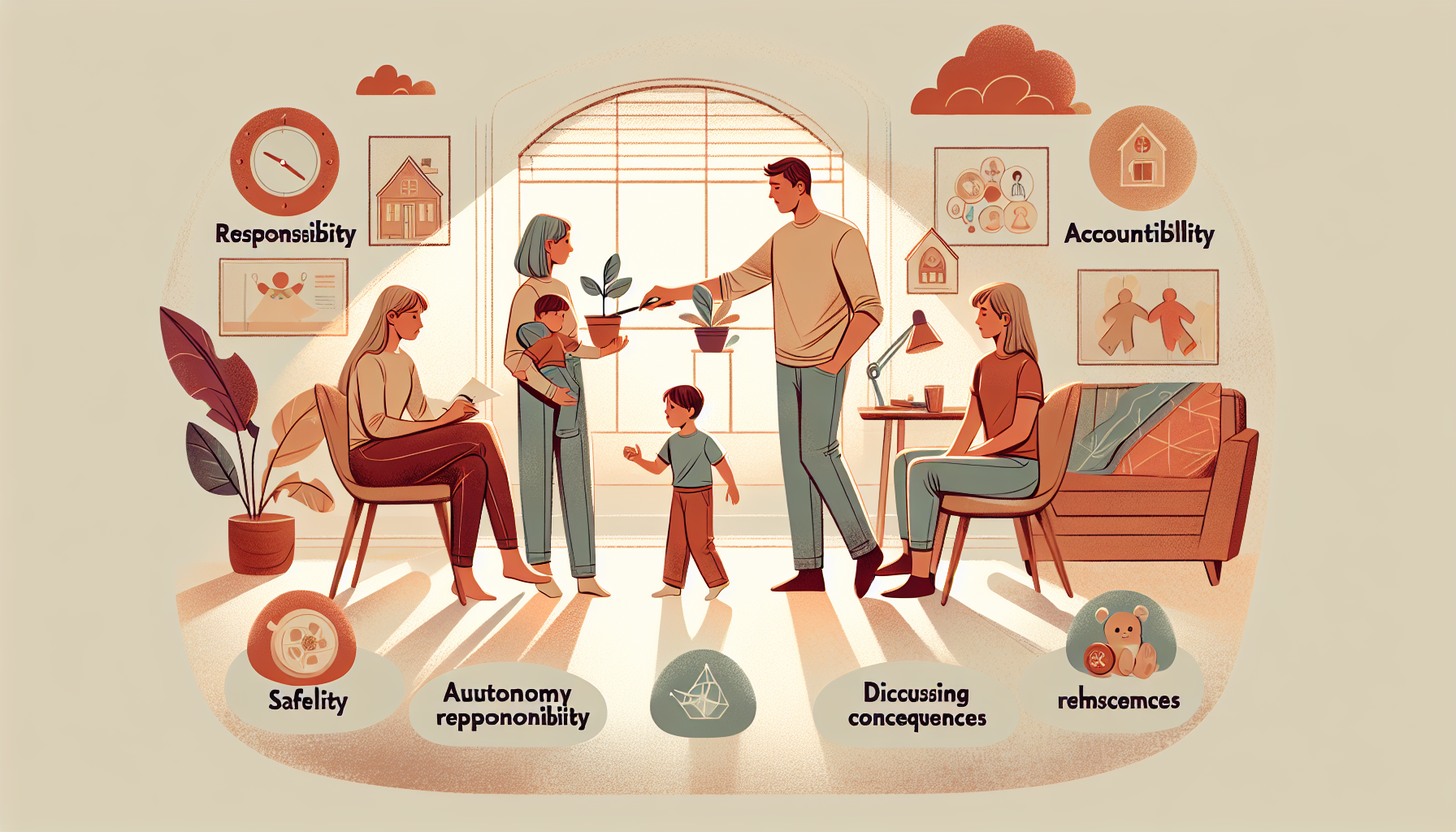Encouraging children to appreciate diversity
Encouraging Children to Appreciate Diversity In today's interconnected world, fostering an appreciation for diversity in children is more crucial than ever. As parents and future parents, you play a pivotal role in shaping your child's understanding of the world around
Read More









